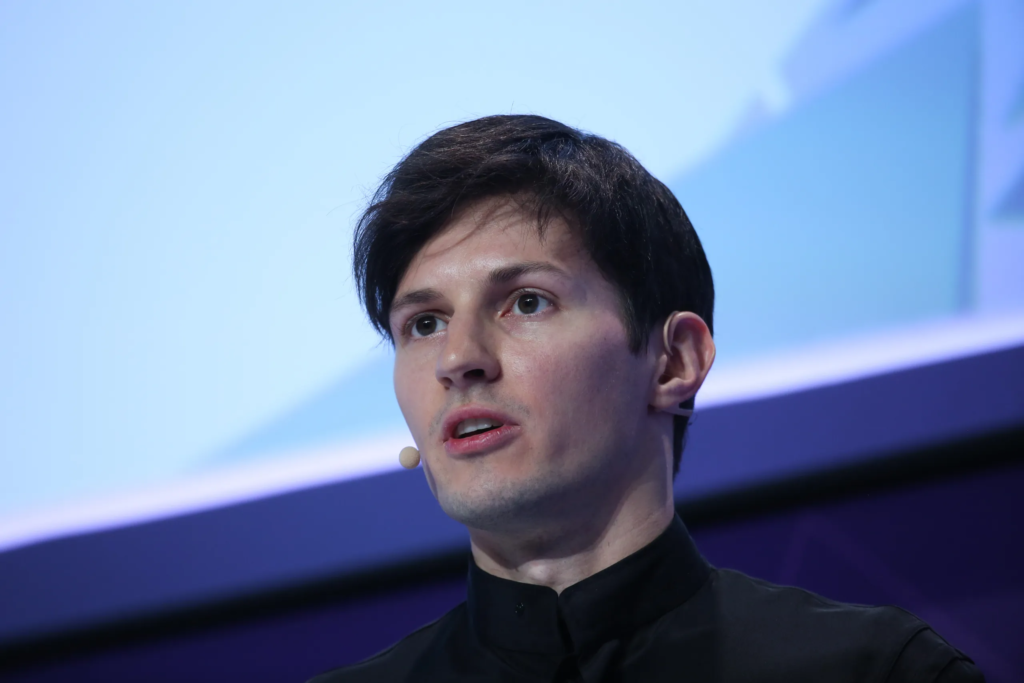
Senior Russian military commanders fear their war plans could be exposed following the arrest of the founder messaging platform Telegram.
Russian-born tech billionaire and Telegram CEO was detained by French authorities on August 24 on charges related to criminal allegations involving his app, which allegedly facilitated illicit activities ranging from drug trafficking to child pornography.
Durov has since been released from custody after four days of questioning and transferred to a Paris court to face a decision on whether he will be formally charged. His messaging app is known to be widely used by the Russian military and senior members of the Kremlin.
But following Durov’s arrest it is now feared that the billionaire could be forced to hand over encryption keys which would expose secret messages between the Russian government and senior military commanders.
Telegram, popular for big group chats and channels, has become an indispensable tool for the Russian military in Ukraine.
The app’s continued operation is seen as critical for maintaining battlefield communications, as Alexei Rogozin, son of Russia senator for the occupied Zaporozhye region, said: “Intelligence transfer, artillery course-correction, video streaming from copters and many other things are indeed often carried out with the help of Telegram.”

Andrey Medvedev, ex-Wagner commander and pro-war blogger said Telegram is the “main messenger of the current war,” serving as an alternative to secure military communication. Adding that it is “vital” for Russia to create an alternative messenger as “it is difficult to predict how long Telegram will remain the way we know it.”
Government employees in Russia have reportedly been instructed to delete all work correspondence from Telegram, after the Ministry of Defence and some major businessmen were ordered to do the same.

Russian officials have condemned the arrest as a politically motivated attack with suggestions that Durov’s detention could be an attempt by Western intelligence agencies to gain access to Telegram’s data via encryption keys, which could compromise Russian military and state communications.
While Telegram is often described as an “encrypted messaging app,” most of its data is not actually encrypted.
It is possible to encrypt private chats on the app, but the process is not straightforward, therefore by default private chats are not end-to-end encrypted.
John Scott-Railton, a Senior Researcher at the academic research lab Citizen Lab, said: “Absence of end-to-end encryption across much of the platform means Telegram has the keys and could technically be compelled to moderate and give governments access to that user activity.”
The potential for government access to Telegram’s user data inevitably draws attention to the platform and its CEO, Durov, explained Scott-Railton.
The Russian military has long sought to develop its own secure communication systems as an alternative to Telegram. However, despite years of efforts, these systems have failed to materialise, leaving the military reliant on the privately-owned platform.
The Institute for the Study of War (ISW) has stated that it has “not observed any direct evidence indicating that Durov’s arrest will affect Telegram operations in the near term.” However, the long-term consequences of Durov’s detention remain uncertain.


































































































































































































































































































